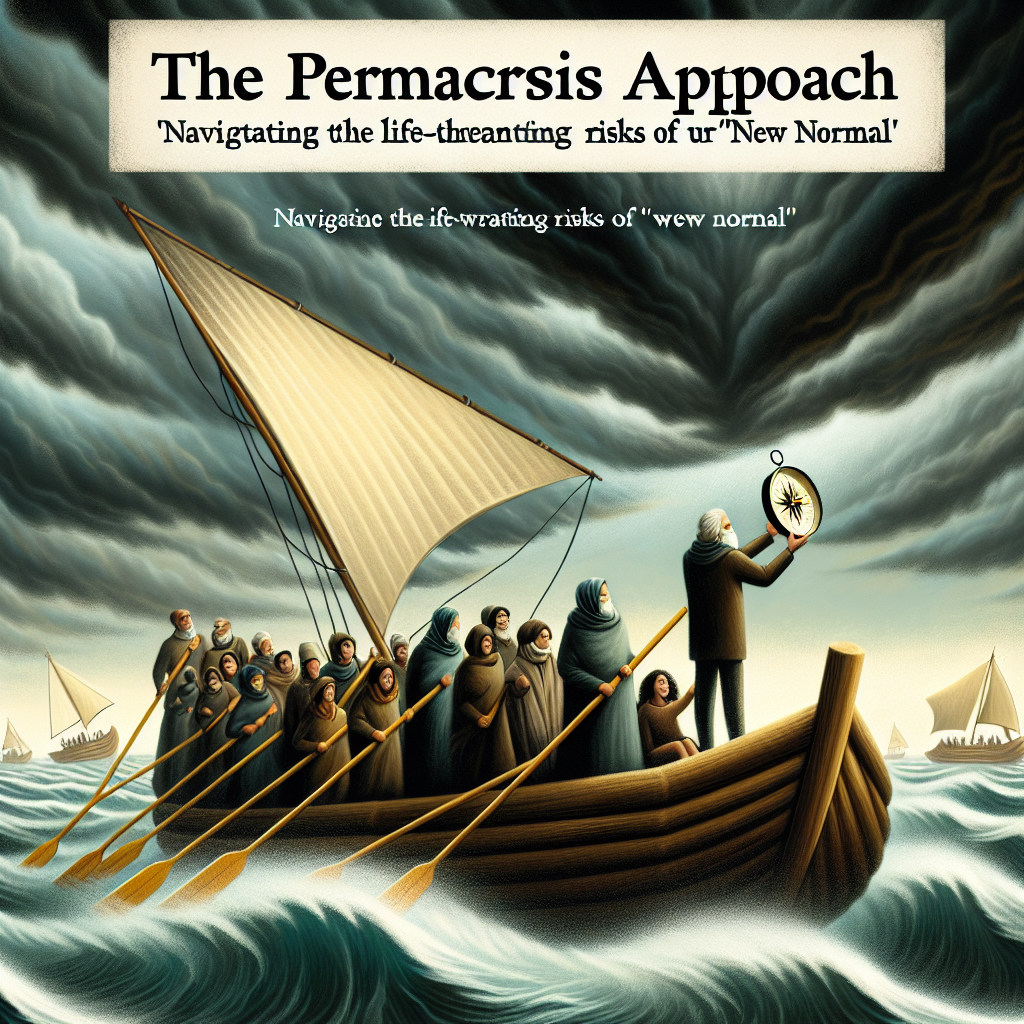In recent years, we have been inundated with alarmist narratives that predict catastrophic upheavals in our world. These fearmongering messages exploit the public’s base instincts, especially during politically and economically tumultuous times. Events like market corrections and sudden electoral shifts are magnified to suggest an imminent total collapse of the existing world order. Such rhetoric perpetuates a cycle of fear, leading to a society that is continuously on high alert, raising the question of when, if ever, we have experienced a period free from existential threats.
This looming sense of crisis is entrenched in our national and international psyche. We find ourselves oscillating between various crises: military tensions, geopolitical upheaval, economic downturns, and even public health emergencies such as the COVID-19 pandemic. Despite sporadic pauses, these crises quickly give way to new threats, fostering an environment where people feel perpetually under siege. As a result, the collective narrative urges citizens to yield their freedoms in exchange for security, a notion that can easily lead to tyranny.
The concept of “permacrisis,” as articulated by thinkers like Aldous Huxley, implies that perpetual states of crisis undermine true democratic engagement. Citizens, living in fear, are unlikely to make logical decisions—thereby enabling governments to bypass democratic norms under the auspices of emergency powers. This manipulation during crises, as seen during the pandemic or geopolitical conflicts like the Ukraine war, reveals how democratic processes can be subverted in the name of safety and control.
In the face of such manufactured crises, discerning reality from hyperbole becomes essential for the rational citizen. While many threats are indeed overstated for political gain, it’s crucial to focus on legitimate risks that require serious attention. The inflation crisis, exacerbated by excessive government spending and monetary policies during the pandemic, for example, represents a real economic danger that affects savers and investors. Conversely, sensationalized threats often distract from these significant issues.
This clarity of thought in times of widespread fear is vital. Individuals must cultivate their critical faculties and engage in self-education to navigate through disinformation and propaganda effectively. A commitment to ongoing personal and intellectual development is crucial. Resources such as the Mises Institute, with its dedication to liberty-oriented scholarship and the Austrian School of Economics, offer knowledge and principles that support individual freedom, rational thought, and peaceful coexistence.
Ultimately, the challenge lies in empowering ourselves to question the narratives presented to us while remaining vigilant about real and pressing issues. The cycle of fear and control promoted by those in power can be disrupted through informed discourse and a collective embrace of critical thinking. By fostering an environment where self-education prevails, citizens can reclaim their agency and protect themselves against the more subtle and genuine threats to their freedom and well-being.

